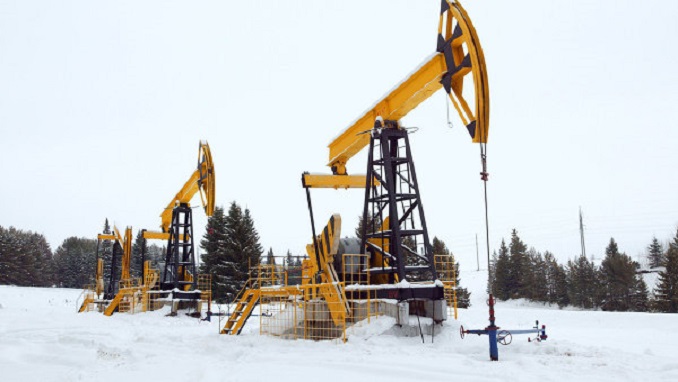Kazakh Energy Minister Kanat Bozumbayev told Reuters on Thursday that his country and Russia have agreed on compensation of $15 per barrel for the contamination of Kazakh crude shipped through the Druzhba pipeline, onwed by Russia’s Transneft.
Earlier this year, three industry sources told the news agency that compensation based on that figure would amount to $76 million, including payment for quality loss, demurrage and storage costs.
“They just need to finalize the negotiations with producers and that is it,” Bozumbayev said on the sidelines of an energy conference, adding that Transneft would not demand additional proof of losses from Kazakh shippers.
News of the contamination broke in late April when buyers from the Baltic port of Ust-Luga and along the Druzhba pipeline to Germany, Poland, Hungary, Slovakia, Ukraine, Belarus and the Czech Republic discovered chemicals in the oil.
Up to 5 million tons of tainted Russian oil had by then been shipped from Ust-Luga via Druzhba to central Europe before flows were suspended. The volumes included some 700,000 tons of Kazakh oil mainly bought by trading house Vitol.
Kazakhstan, whose oil output has been disrupted this year by maintenance at some of its biggest fields, plans no significant halts in 2020 and aims to produce 90 million tons, Bozumbayev said.
“There will only be some short-term works,” he said.
The Central Asian nation planned to produce 89 million tons of crude this year, although Bozumbayev said this month that it could beat its own forecast.
Earlier on Thursday, Bozumbayev told the Kazenergy conference that Kazakh oil output would remain stable at around 1.8-1.9 million barrels per day until 2023, after which it might grow significantly. The former Soviet republic is participating in a global output-reduction agreement among the Organization of the Petroleum Exporting Countries (OPEC) and fellow non-OPEC producers that is due to remain in force until March next year.












